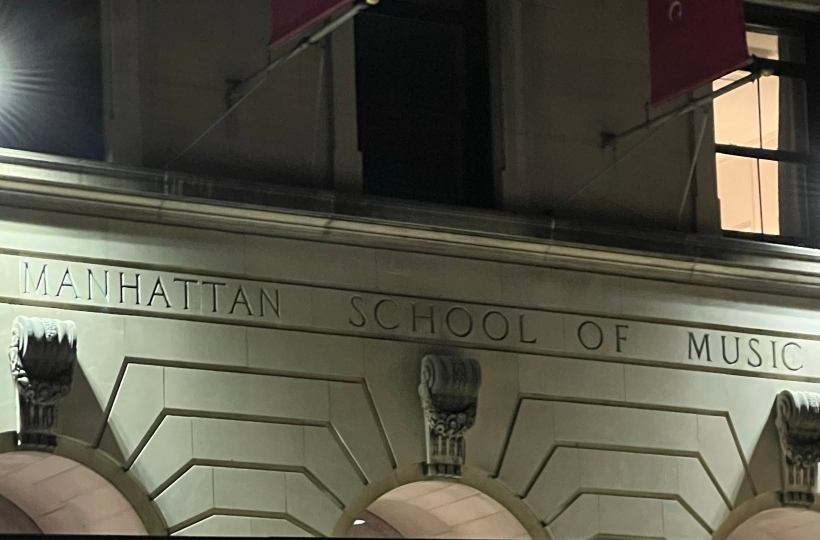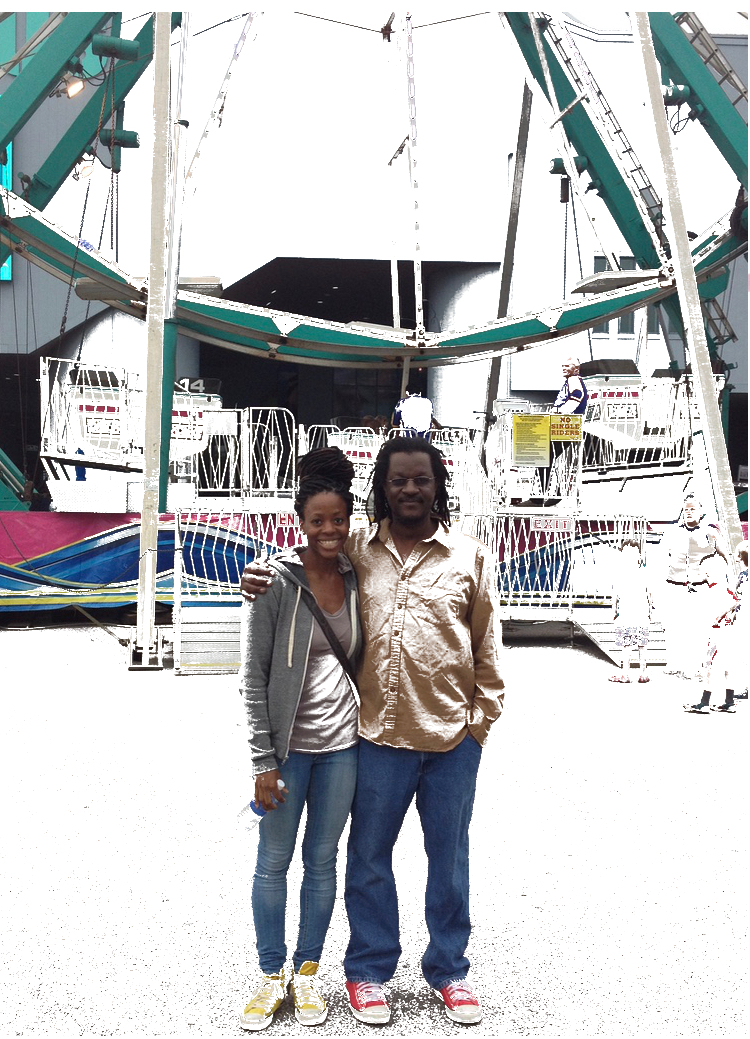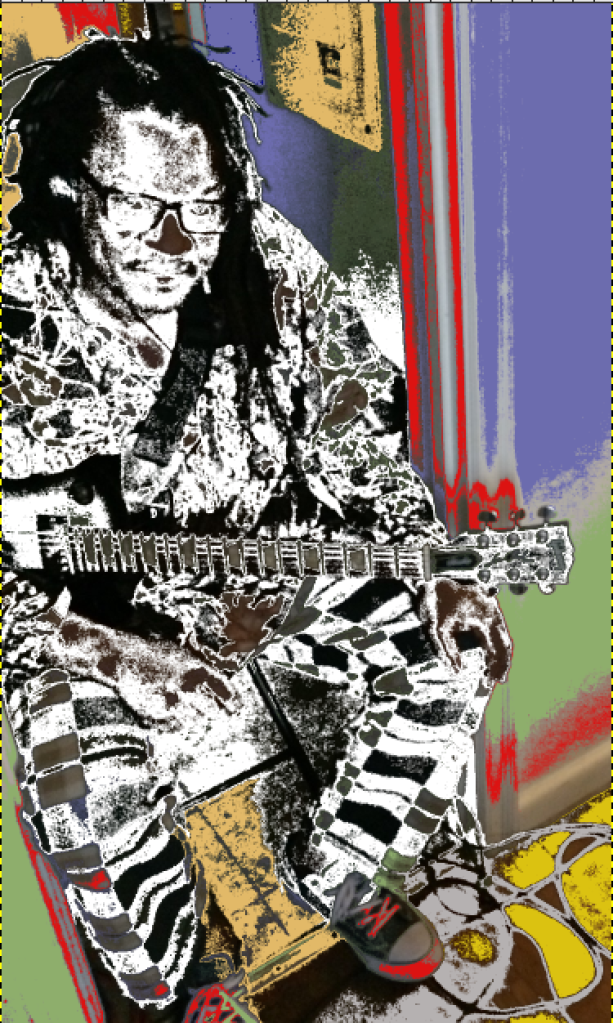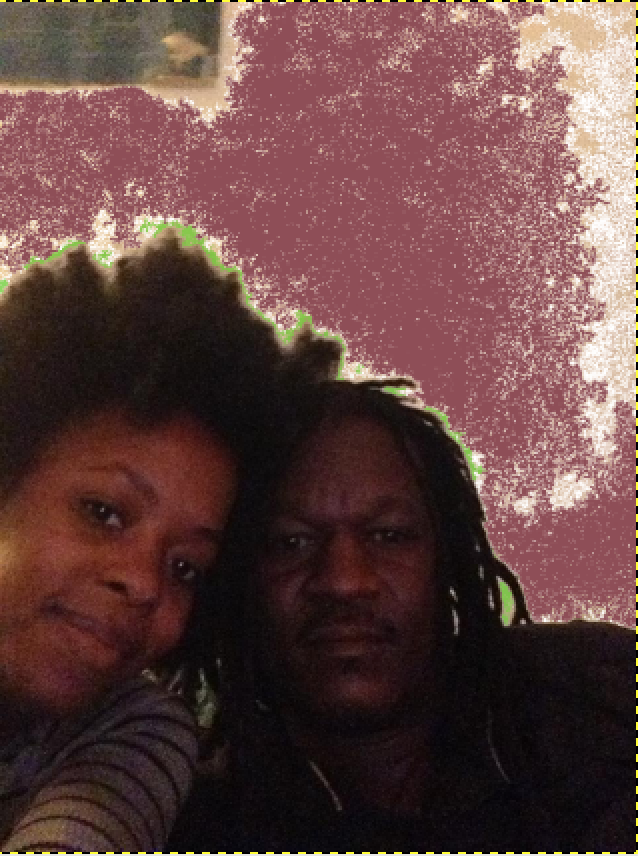The first person I told “I’m a writer” was a White police officer who had put me in the back seat of his car with my hands cuffed behind my back. It didn’t frighten me. I had been in that predicament before but this time I was angry. Livid that a neighbor called the police because I had pulled over to eat my lunch, read, write, and be Black. Quiet neighborhood, hardly any traffic, about 2-3 minutes from home.
Accused of doing PCP,
“Do you know what PCP is?” The officer asked after going back and forth for a while about whether I was doing it. He was already sensing that I wasn’t doing what they were accusing me of, but that didn’t matter anymore. They were too deep in it, had to save face because my face is brown. Turns out there is a thing people do where they dip cigarettes in PCP (I refuse even to this day to look up what that stands for) and smoke it, I assume in an undetectable way. I had never heard that this was thing.
“No. What is it?” My face scrunched. I didn’t know what it was so I didn’t have to act it, but I wanted to say more than just “I don’t know.” I wanted to say this is incredulous; Or, in not so big a word, fuck the fuck off. (Don’t wince at my words. Wince at the scene taking place). It was likely the only moment I could raise my voice and cut my syllables in sharp blades of pronunciation.
When he decided to search my car, I told the officer kindly, tenderly, with a voice in flight dangling softly in the air, no knife slicing away in my words of defense. It wasn’t the time for it. This is when Black people enduring illegality from the police know they shouldn’t fight for their rights with fighting words, demeanors, or physicalities.
“Officer…you don’t have a warrant to search my car.” I shouldn’t have said anything, but I wasn’t talking to him. I was talking to his body camera.
“Ok put your hands behind your back.”
No problem. I know this part. The intention to scare me. With handcuffs on, sitting in back of the car, this is when people get nervous and sometimes have a little bit of a breakdown as I did in the past. There wasn’t that; I did not satisfy.
I had my hands slightly in the air, kept them visible the entire time. The two of them took turns telling me to put my hands down and I’d feign doing so, lowering them just a little bit before gradually raising them back in the air. I moved Tai chi slowly, fully straightening my arms and shifting them through the air, my hands remaining far from my body until my shoulders were low enough to position my hands behind me. I incrementally turned my body as they fell—my hands were never out of their sight. That wasn’t for the body camera. That was for them. Staying okay at that time in the present was more important than being compliant on video.
And I had my own video. I started recording the very moment the police told me that they smelled PCP. I laughed at first. I thought the very idea of me doing PCP was hilarious. I naively thought it was a joke. At that point I was still sitting in my car and they were still in theirs. They had stopped already and asked me if I had seen anyone suspicious. I said no, but I should have said yes. Saying no alerted them that I was the suspicious person someone had called the cops on. They drove away; I felt odd, I felt off. It was done.
I’ll never make that mistake again.
I watched them drive down the street until they reached the next intersection. I watched them make a U-turn. I watched them drive back in my direction. I watched them as they passed me until getting to the other intersection. I watched them make another U-turn. I watched them drive back in my direction. I was watching because even though I didn’t know that it was me, I knew that it is always me.
It’s a nice neighborhood, the same one I lived in because I also lived in a nice neighborhood. A drive further down the road and there was the house. I only had to turn to go up the driveway, but I effectively lived on the same street, Woodbine Avenue, that my neighbors deemed me suspicious. When they stopped again at my car, I knew what I didn’t know but truly never stopped knowing: it was me.
The officer cuffed me, put me in the police car, left me to soak in fear. It was the turning point for the Latino officer who spoke to me first, cussed me out before I ever got out of the car. “Cut the bullshit,” he said with a colored accent. If I started to speak to him in Spanish, we could have had a no-bullshit conversation. One where I could hide from the White officer and tell him that he should be ashamed, that his brother, his mother, his sister, his child always had to tell the cops that their family member was a police officer so they could stop being criminalized for being brown.
It was the turning point for him because he knew that his White partner was going all the way, then even further. From that point on, he was quiet. He’d stand behind his partner and give me you’re going to be okay nods while putting his hand up slightly at waist length and barely discernibly shaking his head to clue me when to stop talking—and I did. I’d stop talking when he cued and kept talking when he’d stay motionless. Confusion. Conflicting emotion for do I feel gratitude?
While cuffed in the police car, the White officer started his illegal search. I had an open wine bottle in the back seat. Before they stopped the second time, I put it on the floor behind the passenger seat and covered it with trash-looking scraps—the plastic bag and the paper bag my food was in. (I could tell that story, but it’s not the story that matters. Don’t be distracted by it). He didn’t thoroughly search the car because he knew I wasn’t doing drugs.
And that was something that came up. The White officer asked me if I’d ever done drugs at all. Yes. Six years ago (nine years ago now) I did cocaine before my last emergency stay in the hospital for mental health reasons. “It’s all documented,” I told him.” He paused and his eyes grew wide, maybe because the answer was too true. Why tell on myself if I were trying to prove my innocence?
Then came the strangest part. He came back to the police car, opened the door and bended over from his waist to meet me at eye level.
“You’re smart? You go to school?”
In the passenger seat my computer was open with the essay I was writing. I wish I could remember which one. Leo Tolstoy’s War and Peace was on the dashboard. In my book bag was more books and documents from Columbia University. It was the first thing he’d said with a tone that wasn’t authoritative. My skin wasn’t so brown to him anymore. I had become less Black to him. I was doing things that he thought only White people do.
This is when it happened—the first time I said, I’m a writer. I hadn’t yet published anything. I hadn’t yet done anything that said so except the jotting down of meandering thoughts on this here blog. It was angered out of me, frightened out of me, saying it for the first time, claiming it as a title. Even then, I used it to topple his easiness at harassing me. If I’m a writer, I can do you damage. You won’t get away with this.
He won’t. It’s been three years since that happened in the city of brotherly love—Philadelphia— and this is the first I’ve been able to write about it. I’ve tried a few times. Even tried to submit it for an assignment at Columbia. I couldn’t. My brain wouldn’t. I’ve had nightmares, emotional flare-ups I didn’t see coming. I look down and hold my head every couple of minutes writing it now.
It wasn’t just them as police officers. It was me as a woman with two tall, very well-built men standing over me planking both sides on my left and on my right with intimidating tones and a violent physical presence. I had the injustice of being Black before police officers and the trepidation of being a woman before two threatening men. It’s a different kind of double consciousness that W.E.B Dubois could never write about no matter how hard and intelligently he might have tried. It’s the ever-shifting intersections that Audre Lord embodied, Kimberlé Crenshaw defined.
~
A month later I saw those two police officers in a 7-eleven while buying cigarettes. The cigarettes that weren’t only damaging my lungs but that they had used to psychologically damage my mind. I locked eyes with both of them individually. I followed their movements throughout, staying still, catching their glance whenever they dared look up at me. The White officer put down whatever few things he went in there to buy and hurried back out to the police car. He never checked out at the register. The Latino officer made intentional eye contact with me while looking around the store. When he went to the check-out counter, I finally got in line to purchase my PCP-dripped cigarettes.
“You guys harassed me a couple of months ago,” I said to him, no daintiness in my voice. It was the low voice I slip into when I’m in deep discussion contemplating an intricate topic. The deep voice I subconsciously slip into to let people know that “I’m smart. I go to school.”
“No we weren’t harassing you.” he said with a soft smile, his voice now dangling in fragile air. A sympathetic voice. A guilty voice. Cut the bullshit, I wanted to say.
“I remember you,” he continued. I knew what he was doing. I didn’t care about him being apologetic about the system while being a part of the system. I knew that had I not followed his cues, everything might have turned out differently. I knew—and I cared—but I didn’t excuse. I had already worked through my conflicting emotions of gratitude. I wasn’t grateful.
“Yes. You did,” I said.
He bought his merchandise and slowly made his way to the door. Seeing them again, saying something, and using the accusatory voice I wasn’t able to use a month prior told me that I would one day write about it and when that day came, it would be only the first writing of many.
One thing, only one thing came from it all, made me stronger than I had ever been before and that was claiming a title.
I’m a writer.









